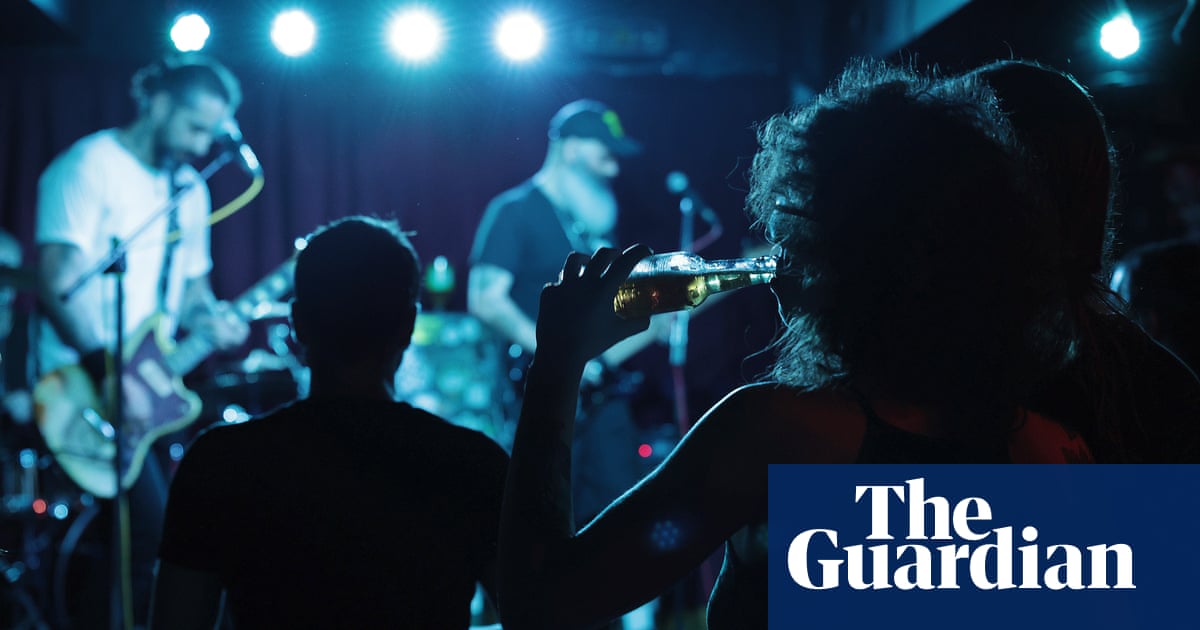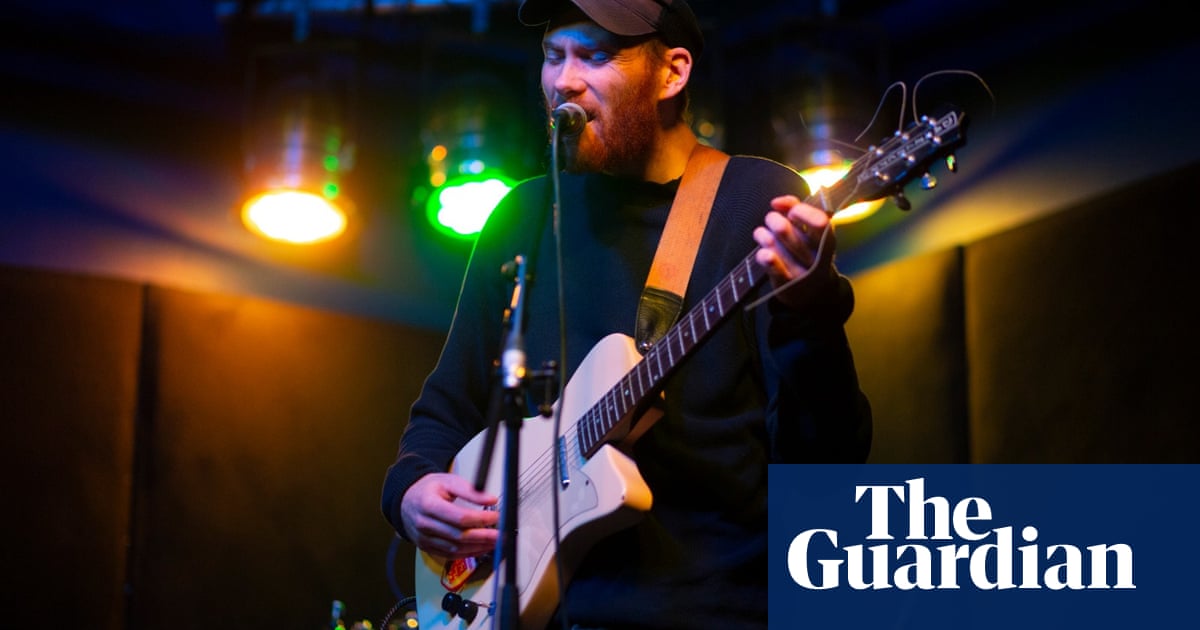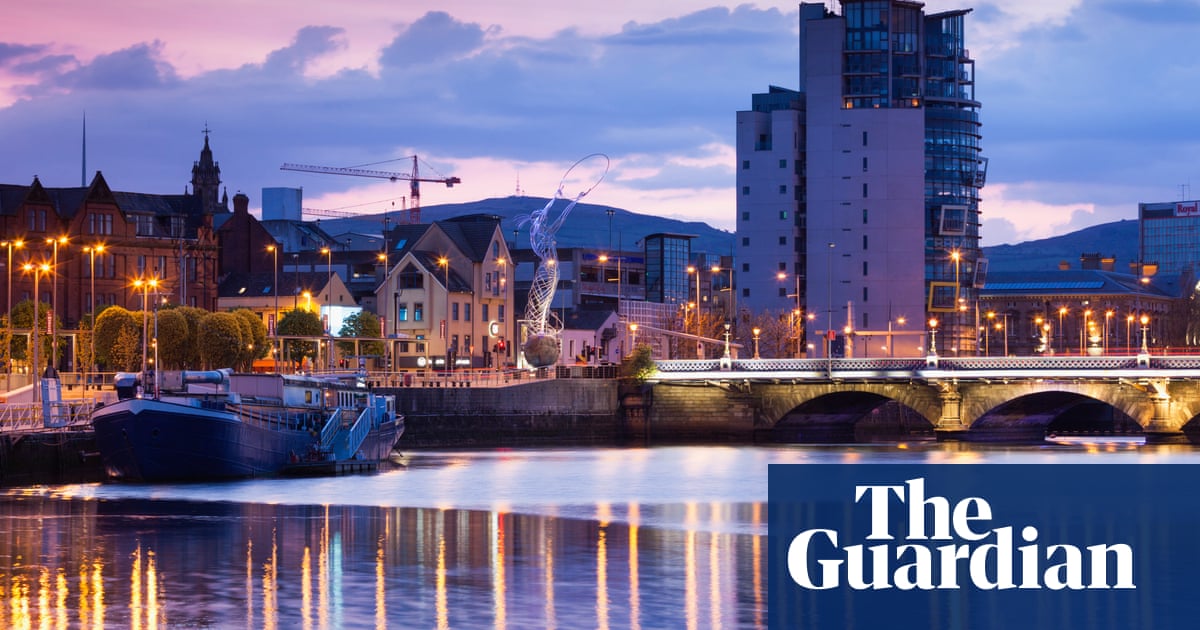
As critics debate the accuracy of Back to Black, the long-awaited biopic on the short life of Amy Winehouse, there is at least one aspect of the film that everyone can agree on.
Winehouse, played by Marisa Abela, is shown performing at Camden venue the Dublin Castle, as Winehouse did when she played the Camden Crawl festival in 2007.
A few scenes later, we see her playing in New York City and winning Grammys. As the UK’s grassroots venues face a crisis that has prompted the House of Commons culture, media and sport committee to hold an inquiry into their future, Back to Black highlights how crucial small venues are in creating future British music stars.
The Dublin Castle, where Winehouse was a regularand got engaged to Blake Fielder-Civil, has held on for longer than many. This year the family-owned pub is celebrating its 50th anniversary, with Madness, Blur, the Killers and Arctic Monkeys among those to have played there.
On Thursday night, Tony Gleed, an in-house promoter at the venue since 1996, was proud that it was packed with people eager to see four new bands: New Tide, War Club, Carousel and the Serenity Club.
Gleed said the Dublin Castle had been “relatively lucky” after bouncing back from the pandemic “as best we can”. “What we’ve seen is a new generation of people who are keen to discover new music and have a good night out,” he added.
More than a third of UK grassroots music venues are loss-making, according to the annual report of the sector charity Music Venues Trust (MVT). In the last year, more than 125 small British venues closed, including Moles in Bath, Melodic Distraction in Liverpool and Velvet Music Rooms in Birmingham, citing factors such as the cost of living crisis and the economic impact of Covid. Since December, MVT has been advocating for the implementation of a £1 levy on arena concert tickets, with proceeds to be distributed to smaller venues.
The rising threat to small venues has repercussions for independent bands. “If you take any major festival lineup, most of those bands and acts come from grassroots [origins],” said George Percival, of New Tide. “Bands such as Bombay Bicycle Club and Yard Act who started small are now playing big stages at Glastonbury festival.”
New Tide are based between Bournemouth and Southampton and Thursday was the alternative rock band’s first ever London gig. The band’s Thea Doumit said playing the capital “is just massive for us. But playing at smaller venues locally helped us discover our sound and make an identity for ourselves. I’m sure it’s the same for some of the biggest bands in the world – so it’s a shame seeing so many small venues shut down.”
Paul Jennings, of the punk-thrash band War Club, expressed his gratitude to the venue for giving the band space to hone their sound. He emphasised that small venues were not merely a pipeline for bands on the way to superstardom, but were integral to creating new scenes and genres.
“We’ve found that promoters at some venues often book genres and styles that are more popular in order to get more people into the door to make money – because that’s what they need to do to survive,” he said. “It marginalises bands such as ours – we’re on the much harder and heavier side of rock – and can make the music scene on a whole feel emptier.”
Gleed conceded that this was sometimes the case at the Dublin Castle. “We have to put on tribute nights to keep a consistent footfall. But at the heart of what we do is push new and emerging talent, and if we do a midweek gig like this and see a band is bringing people in then we’ll invite them back on a weekend,” he said.
From the queue outside, Thursday’s acts stand a chance of being invited back. Antonio Costa has been attending gigs at the Dublin Castle since 2002: “I’ve had so many good times here with friends,” he said. “This is the place to be if you want alternative and underground bands. The small bands have a chance here.”
Tolley Moloney, visiting the venue for the first time, agreed. “I love coming to small venues, I often go to the Black Heart down the road to see bands there. I think for this style of music these types of venues are better. And a ticket tonight was £6 – that’s really cheap and you get variety. More people should support these places.”
Former Camden resident and Winehouse fan Samantha King said the area, long associated with music, had changed in the more than a decade since the singer’s death aged 27. “I think she’d begrudge the commercialisation of the music scene today and how it runs smaller venues out.”
The Guardian visited the Dublin Castle on the night of the London trio the Serenity Club’s first ever gig. But guitarist and singer Raman Singh has been gigging since the late 90s and knew Winehouse. They played on the same bill a few times, including at a pub in Finchley called the Torrington Arms that has not been as lucky as the Dublin Castle. “It’s sadly closed down and has been turned into a Starbucks,” he said.












